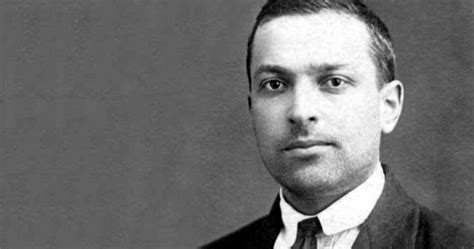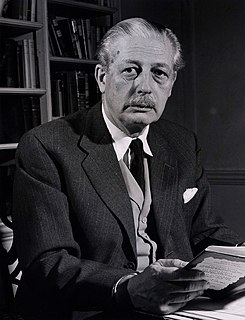A Quote by Carol Ann Tomlinson
[Students] are also accustomed to having quick access to information. The idea of "storing" data in their heads can seem pointless. I find that they are also much more interested in learning through problem solving and group collaboration than in the past.
Related Quotes
Collaboration is important not just because it's a better way to learn. The spirit of collaboration is penetrating every institution and all of our lives. So learning to collaborate is part of equipping yourself for effectiveness, problem solving, innovation and life-long learning in an ever-changing networked economy.
...methods are more important than facts. The educational value of a problem given to a student depends mostly on how often the thought processes that are invoked to solve it will be helpful in later situations. It has little to do with how useful the answer to the problem may be. On the other hand, a good problem must also motivate the students; they should be interested in seeing the answer. Since students differ so greatly, I cannot expect everyone to like the problems that please me.
Most people define learning too narrowly as mere 'problem-solving', so they focus on identifying and correcting errors in the external environment. Solving problems is important. But if learning is to persist, managers and employees must also look inward. The need to reflect critically on their own behaviour, identify the ways they often inadvertently contribute to the organisation’s problems, and then change how they act.
So while it is true that children are exposed to more information and a greater variety of experiences than were children of the past, it does not follow that they automatically become more sophisticated. We always know much more than we understand, and with the torrent of information to which young people are exposed, the gap between knowing and understanding, between experience and learning, has become even greater than it was in the past.
The idea of a group of elders is that, in past civilizations, they have linked worlds; the other world was also present in this one. There is also the argument that elders have "experience." The problem is that experience teaches fear of change. Experience kills imagination. Experience makes people conservative. What we are facing tomorrow requires the force of imagination, not wisdom from yesterday.
If we, on our most fundamental level, are packets of quantum energy constantly exchanging information with this heaving energy sea, it means that all of us connect with each other and the world at the level of the very undercoat of our being. It also means that we have the power to access much more information about the world than we realize.
I think [testing] has had a profoundly problematic impact on student learning. It must seem to students that their worth as individuals is equivalent to their test score. The stress the high stakes culture has on teachers is also highly negative and must surely impact students in a negative way. It also de-professionalizes teachers because it encourages them to be script readers, followers of rigid schedules, and to disregard the needs of the people they teach in favor of the scripts and schedules.


































